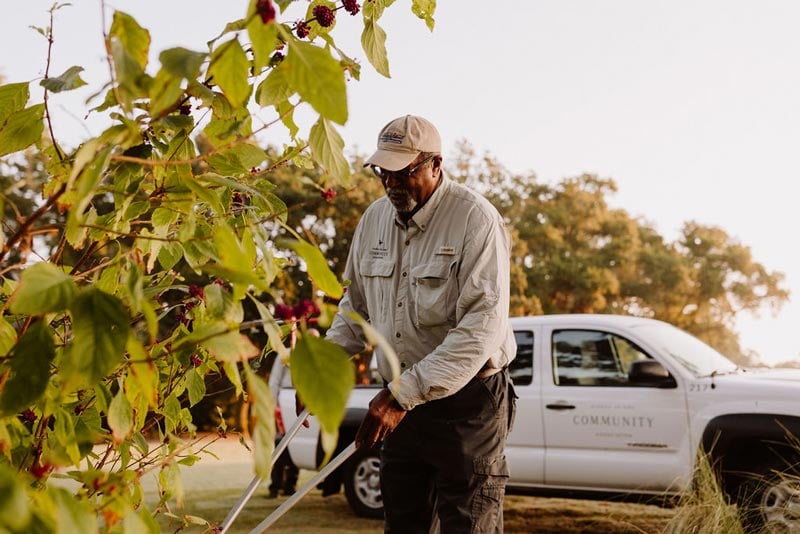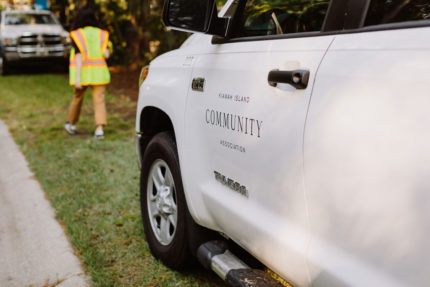Association Finance
Careful Stewardship of Resources
Association finances are carefully steward by the board of directors, with advisement from the Finance Committee, the Director of Finance and Administration and the Chief Operating Officer. The board treasurer reports on the status of association finances at bi-monthly board meetings and quarterly financial results are shared below. Each year, KICA employs an outside auditor, and the association is proud to have a strong record of clean audits.
Association Finance
Operating and Reserve Budgets
KICA operates with two separate budgets, the operating budget and the reserve budget. The operating budget covers the costs of administration, security and livability, land and lakes maintenance, recreation and amenity operations, and general maintenance. This budget is funded primarily by: the annual assessment paid for by all property owners (more than 80% of funds), commercial access fees (about 10% of funds), investment income, the amenity assessment and user fees and other miscellaneous income. Principally, the operating budget covers expenditures that are routine and predictable.
The reserve budget covers the cost of major repair to or replacement of existing island infrastructure. The reserve budget takes into account Reserve Study projections, which forecast the lifespan of and maintenance costs for all infrastructure in the next 30 years. It also considers predicted revenues. The reserve budget is funded by five sources: a transfer fee on all real estate transactions (about 40-45% of funds), the annual supplemental reserve assessment (about 40% of funds) paid for by all property owners, commercial access fees (about 15% of funds), investment income and if needed, a transfer from operations income. Each year, reserve budget costs vary due to the planned repair and replacement schedule for all assets, so this budget is designed to fluctuate between deficit and surplus.
Financial Documents
Governing Documents
Finance Committee
Annual Budget & Reports
Audit
- 2023 Audited Financials
- 2023 Auditor's Report to the Board
- 2022 Audited Financials
- 2022 Auditor's Report to the Board
- 2021 Audited Financials
- 2021 Auditor's Report to the Board
- 2023 Auditor Resignation Letter
Tax Returns
Quarterly Financials
Investments
-
Reserve Fund Investment Policy Statement
-
Quarterly Reports
Reserve Study
Flood Mitigation
Our archive of financial documents is available to members by request by contacting [email protected].
Association Finance
Budget Process
The process of stewarding millions of dollars annually to maintain Kiawah Island is lengthy and thoughtful. Budget planning occurs throughout the year, but the first draft for the upcoming year is created in early September and finalized and approved by the board in early November.
To create a first draft, KICA staff evaluate operational needs and identify potential improvements to the organization’s functionality, efficiency and services. By the beginning of September, this draft is refined by KICA’s Director of Finance and Administration and is then provided to KICA’s Finance Committee for review.
The Finance Committee is comprised of members of the community, staff and board members with expertise in finance and management. Committee members provide valuable discussion and feedback on all budget items, analyze numerous scenarios, and make recommendations for budget revisions. The committee then reports to the KICA Board of Directors with a briefing.
Staff and the Finance Committee continue through October with several more drafts and multiple revisions, meetings, and updates to the board. The Finance Committee meetings are open for all community members to attend, and are a great way to become familiar with the draft budget.
In early November, KICA board members gather for a budget workshop to discuss all items in depth. Final refinements of the budget are made and a draft is shared online with the community for input. At the November board meeting, the annual budget is voted on by the directors. After approval, the final budget for the upcoming year is published online.
Assessments and Statements
The association assesses community members annually to help fund the maintenance of Kiawah Island common property, repair infrastructure, and provide community services. Annual assessment rates vary depending on the property owned.
Finance Office
Beachwalker Center
23 Beachwalker Drive
Monday – Friday: 9am – 4pm
[email protected] | 843-768-9194

